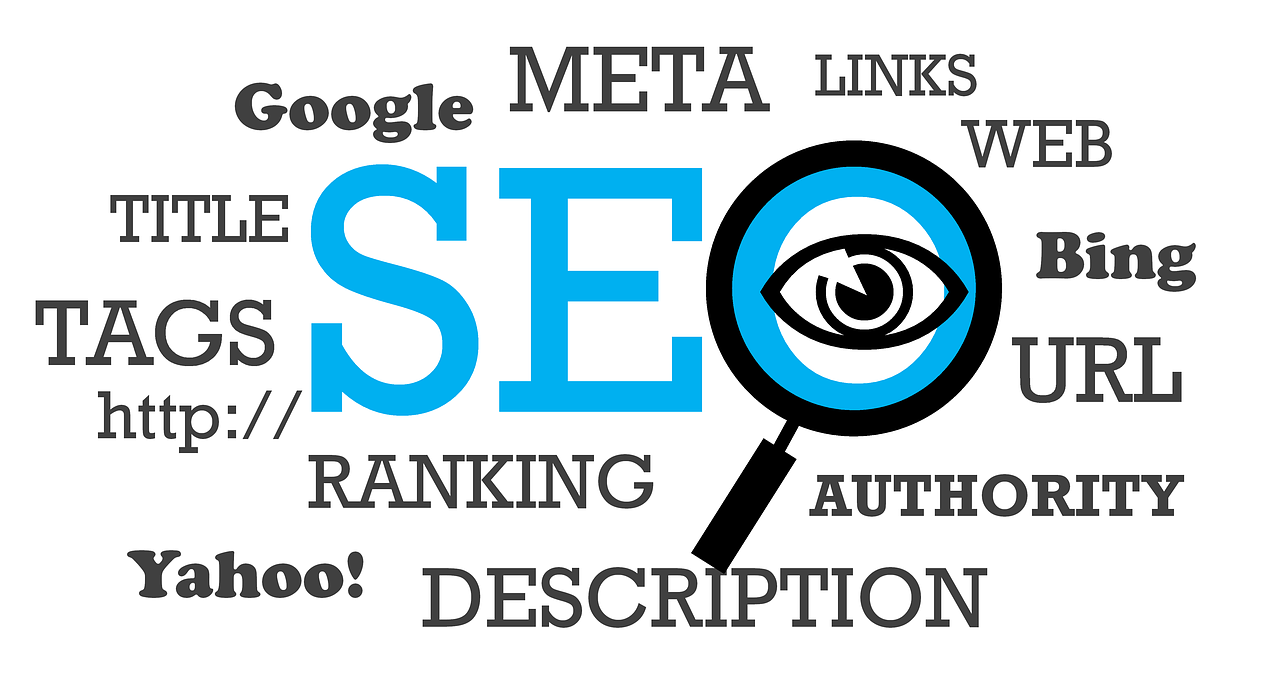Introduction
Semantic keywords are the hidden gems of SEO. They help search engines understand the context of your content, making it more relevant to users. If you’ve been focusing only on primary keywords, it’s time to level up your strategy. In this blog, we’ll dive deep into what semantic keywords are, how to find them, and why they are crucial for SEO success.
What are semantic keywords?
Semantic keywords are words and phrases related to your main keyword. Unlike traditional keywords, they don’t just match exact terms but also focus on the intent and meaning behind searches. For example, if your primary keyword is “digital marketing,” related semantic keywords could be “SEO strategies,” “content marketing,” or “online advertising.” These keywords help search engines understand context and ensure your content reaches the right audience.

Why are semantic keywords important?
Google’s algorithm has evolved. It no longer looks at just one keyword; it analyzes the overall topic. This means:
Better rankings: Search engines reward in-depth content.
More traffic: Your content appears in related searches.
Higher engagement: Readers stay longer on your page.
Improved credibility: Google sees your website as a trusted source.
Now, let’s dive into how you can find and use semantic keywords effectively.
How to find semantic keywords?
1. Use Google’s “People Also Ask” Section
You’ll see a “People Also Ask” section when you search for a keyword. These are related questions people search for. Use them in your content to make it more useful.
2. Check “Related Searches”
At the bottom of Google’s search results, you’ll see “Related searches.” These are other terms people use when searching for your main keyword.
3. Use SEO Tools
SEO tools can help you find related keywords quickly. Some popular tools include:
Semrush – Provides keyword suggestions and search volume.
Google Keyword Planner – A free tool that suggests related keywords.
AnswerThePublic – Shows common questions people ask about a topic.
4. Look at Competitor Content
Search for your main keyword and check the top-ranking articles. See what related words and phrases they use. This can help you understand what Google considers relevant.
How to use Semantic Keywords in your content?
1. Naturally add them to your content
Don’t just stuff keywords randomly. Use them naturally in sentences. Google prefers content that reads smoothly and provides value.
2. Include them in headings and subheadings
Breaking your content into sections with subheadings helps both readers and search engines. Adding semantic keywords to headings improves SEO.
3. Optimize your meta descriptions
The meta description is the short text that appears in search results. Including semantic keywords makes your content more appealing and clickable.
4. Use them in image Alt Text
Google also analyzes images. Adding related keywords to image descriptions improves SEO.
5. Answer common questions
Write content that answers user queries. This increases the chances of your page appearing in featured snippets.

EEAT: The key to SEO success
EEAT stands for Expertise, Authoritativeness, and Trustworthiness. Google prefers content written by experts who have real-world experience.
How to demonstrate EEAT?
Write in-depth, valuable content
Cite reliable sources
Showcase real experiences and case studies
Build a strong online presence with backlinks from reputable sites
Creating a winning keyword strategy
If you have too many keywords, organizing them can be challenging. Use tools like Keyword Strategy Builder to group them by topic.
How it works?
Enter your main topic.
The tool suggests subtopics and related keywords.
Choose keywords that match your goals (traffic, conversions, or authority).
Conclusion
Google is getting smarter. To rank higher, you must create valuable content that covers a topic thoroughly. Using semantic keywords helps search engines understand your content better, leading to better rankings and more traffic.
Start researching your keywords today using free tools like Google Keyword Planner and Semrush. Implement these strategies, and watch your website grow!

